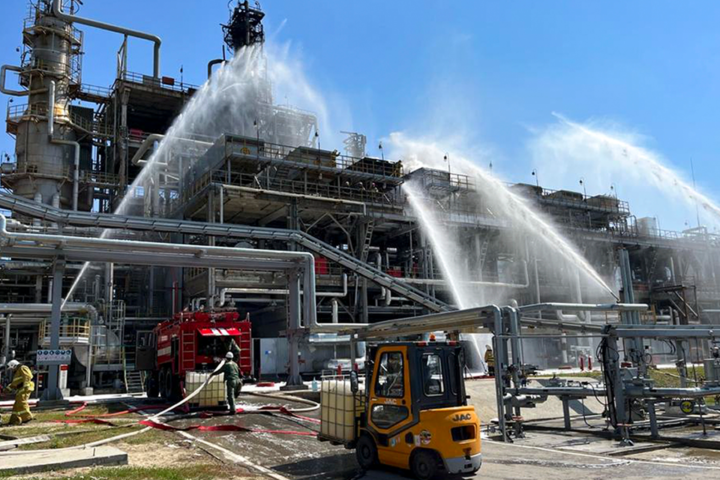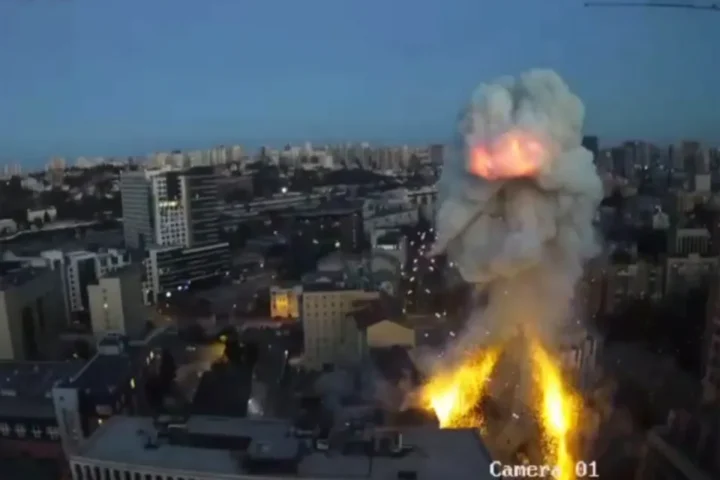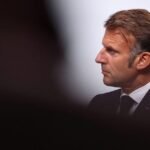Return of Russian delegation to Venice
The 82nd Venice Film Festival, one of Europe’s oldest and most prestigious cultural events, is taking place from August 27 to September 6, 2025. After three consecutive years without Russian participation following Moscow’s full-scale invasion of Ukraine, Russian filmmakers have returned to the event. This year, the Russian flag was officially raised above the festival palace in Venice, a move widely seen as a symbolic gesture of legitimacy for a state engaged in aggression. Reports on the Russian flag being raised in Venice quickly triggered political and cultural backlash.
Justification and controversy
Italian organizers explained the presence of Russia’s delegation by pointing to the competition entry of filmmaker Alexander Sokurov with his documentary Director’s Diary. The film, based on the director’s notes from 1961 to 1995, reflects on the late Soviet era, its collapse, and the rise of the Russian Federation. Sokurov, however, is a controversial figure: a long-time member of the Russian presidential human rights council and a frequent interlocutor with Vladimir Putin, he is considered by the Kremlin part of the so-called “loyal opposition.” While he has made occasional critical remarks, Sokurov has neither left Russia nor openly condemned the regime or its war against Ukraine. His participation has therefore been seen as serving the Kremlin’s soft power strategy rather than artistic independence.
Tragic coincidence with new strikes on Ukraine
The return of Russia to the Venice red carpet coincided with another deadly attack on Ukraine. On the night of August 28, Russian forces launched a massive airstrike on Kyiv, killing 23 people, including four children, and destroying residential buildings in central neighborhoods. The juxtaposition of these events has fueled anger among critics, who accuse the festival of ignoring Moscow’s deliberate targeting of civilians while offering it an international cultural platform.
Debate over freedom of art and moral responsibility
Supporters of Ukraine argue that allowing Russia to showcase its cinema under a national flag is not an act of artistic freedom but one of hypocrisy and complicity. They warn that the Venice Film Festival risks damaging its reputation by normalizing an authoritarian regime through symbolic gestures. The Italian foreign ministry has sought to downplay the controversy, but reactions from Ukrainian officials were sharp. The Ukrainian Ministry of Foreign Affairs stressed that displaying Russian state symbols at the festival contributes to the legitimization of aggression and undermines the principles of international solidarity.
Italy as a potential foothold for Russian influence
Beyond the festival, the debate underscores a deeper divide within Italian society regarding Russia. Unlike most of Western Europe, public opinion in Italy remains split, with many still cherishing the idea of Russia as a cultural and economic partner. This perception has been amplified through Russian soft power tools, including high-profile cultural events such as the attempted organization of a concert by Valery Gergiev, a close ally of Putin. Moreover, Russian corporations, oligarchs, and tourists maintain a strong presence in Italy, creating economic ties that make disengagement more difficult. Italian media, while not broadcasting official Russian propaganda channels, still occasionally provide a platform for Russian officials, indirectly reinforcing Moscow’s narratives.
European unity at stake
As a member of the G7 and a central player in the European Union, Italy’s stance carries weight far beyond Venice. Any wavering in Rome’s commitment to Ukraine could weaken Europe’s united front against Russia’s war. Critics warn that by normalizing Russian cultural representation while atrocities continue, Italy risks becoming a vulnerable point through which Moscow projects influence into the heart of Europe.










